Neuroscience
-
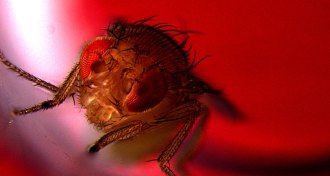 Animals
AnimalsMale fruit flies enjoy ejaculation
Red light exposure made some genetically engineered fruit flies ejaculate, spurring a surge of a brain reward compound — and less desire for booze.
By Susan Milius -
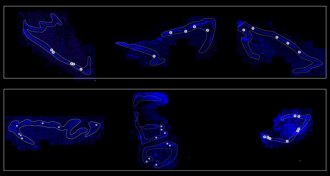 Neuroscience
NeuroscienceHuman brains make new nerve cells — and lots of them — well into old age
In humans, new neurons are still born in old brains, new research suggests.
-
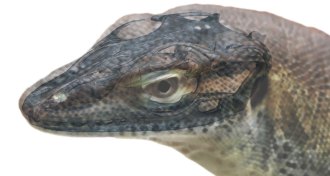 Paleontology
PaleontologyThis ancient lizard may have watched the world through four eyes
A lizard that lived 50 million years ago had both a third and a fourth eye.
-
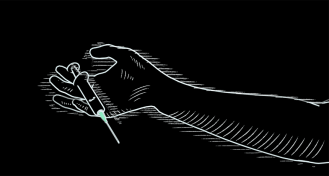 Health & Medicine
Health & MedicineOpioids kill. Here’s how an overdose shuts down your body
Powerful opioids affect many parts of the body, but the drugs’ most deadly effects are on breathing.
-
 Neuroscience
NeuroscienceBrain waves of concertgoers sync up at shows
During a live musical performance, audience members’ brain waves get in sync.
-
 Neuroscience
NeuroscienceParents’ presence promotes a child’s pluck
Parents’ presence or absence during a learning exercise determines whether their child is fearful later, or willing to explore.
-
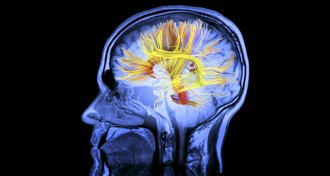 Neuroscience
NeuroscienceWhen tickling the brain to stimulate memory, location matters
Conflicting results regarding the benefits of brain stimulation may be explained by the precise location of electrodes.
-
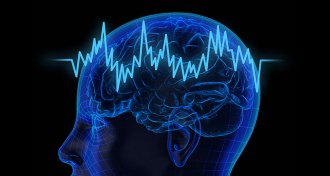 Neuroscience
NeuroscienceBrain waves may focus attention and keep information flowing
Not just by-products of busy nerve cells, brain waves may be key to how the brain operates.
-
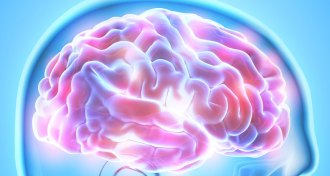 Neuroscience
NeuroscienceHow biology breaks the ‘cerebral mystique’
The Biological Mind rejects the idea of the brain as the lone organ that makes us who we are. Our body and environment also factor in, Alan Jasanoff says.
-
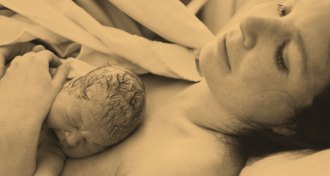 Neuroscience
NeuroscienceDepression among new mothers is finally getting some attention
Scientists search new mothers’ minds for clues to postpartum depression.
By Laura Beil -
 Neuroscience
NeuroscienceReaders muse about memory, magnetic monopoles and more
Readers had questions about the physical trace of memory, magnetic monopoles, blowflies and more.
-
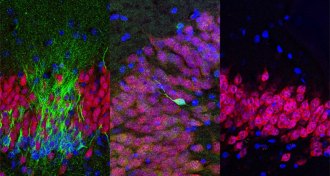 Neuroscience
NeuroscienceThe debate over how long our brains keep making new nerve cells heats up
Adult humans don’t have newborn nerve cells in a memory-related part of the brain, a controversial paper suggests.